
I used to be stuck in performance addiction
I’ve spent much of my life running like a hamster on a wheel. For at least 30 years, I was stuck in two of the most accepted addictions of our time: performance and perfectionism.
Throughout the first half of my career, which spanned from fundraising to sales to executive leadership, I achieved the highest levels of success…and all the trappings that go along with it. Being caught up in the world of fame, fortune, rewards and recognition consistently fed my addictions and chipped away at my true identity.
I passionately believe the Summit is the most impactful leadership gathering, experience and resource for leaders to leverage that exists in our world today!
My mindset of leadership effectiveness was narrow and highly inaccurate, centering largely on a scoreboard that monitored my outcomes (and what felt like my worth) on a minute-by-minute basis. I adopted success at nearly an all-costs mentality, demanding the ultimate from myself in work ethic, time and energy investments and high achievement. Every goal reached was like getting a hit—deceptive, short-lived and unfulfilling—leaving me seeking and striving for the next one.
I’m beyond grateful the Lord intervened, saving me from myself and giving me the grace to obey the new direction He created for my life. I now coach leaders to live and lead more authentically out of who they are, while influencing more deeply and achieving with more sustainable impact.
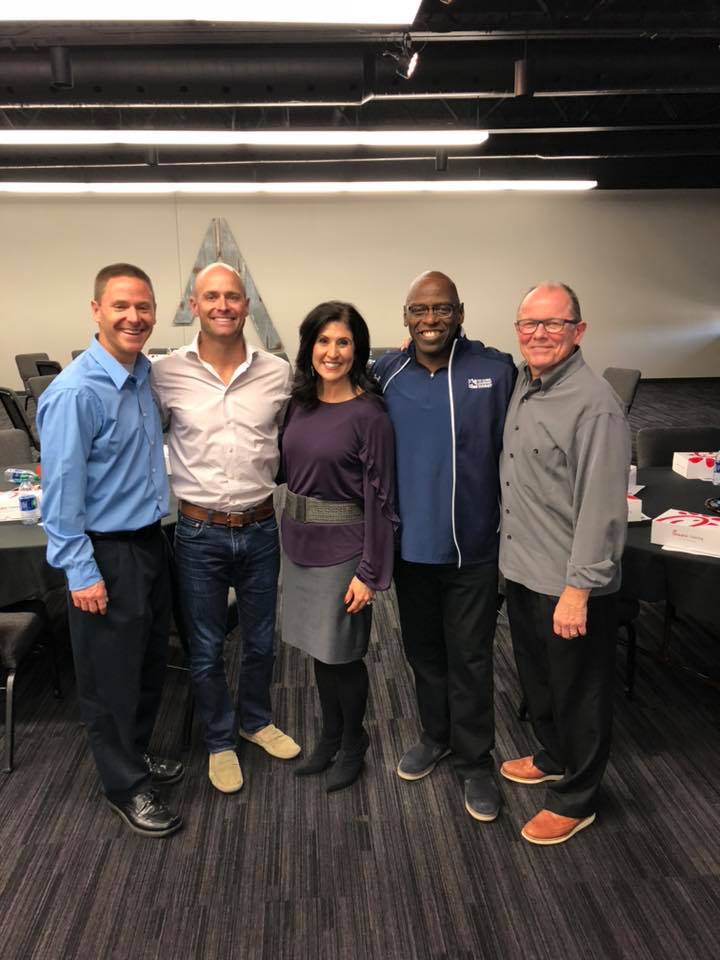
God has used The Global Leadership Summit (GLS) to expand my leadership influence through the incredible messages shared by Summit faculty; exposure to healthy and diverse leadership philosophies; challenging concepts presented, connecting with Christian marketplace leaders and providing unexpected opportunities to serve in our community.
I’m honored to serve as the GLS City Strategist in Omaha and as the GLS Point Leader for Lifegate Church. I passionately believe the Summit is the most impactful leadership gathering, experience and resource for leaders to leverage that exists in our world today!
Growth through the Summit, Growth in leadership
Omaha has been blessed to experience significant growth in the GLS over the past couple of years. We’ve gone from a few hundred leaders in attendance to nearly 2,000, have grown from 2 host sites to 5 and have seen Summit partnerships increase from a handful to nearly 40. This year we’ve been particularly blessed to welcome the Archdiocese of Omaha as a first-time host site and include our Catholic brothers and sisters in what God is doing in our city around leadership development.
Undoubtedly, the GLS has been at the core of the God-infused movement happening in Omaha…
Undoubtedly, the GLS has been at the core of the God-infused movement happening in Omaha, and I’m just one of many who have been called into this space to co-create a leadership movement centered on the pillars of unity and leadership excellence. A unique infrastructure serves as Omaha’s foundation, with two special “pillar” organizations: Within Reach and Omahaleaders.com.
Within Reach, led by some of the most exceptional pastors in the country, represents about 40 churches who are unified and committed to what God is doing in His church throughout our city. The four primary focuses of Within Reach include: church growth, church plants, compassionate service, and leadership development.
Omahaleaders.com is led by visionary marketplace leaders and was birthed directly out of GLS partnerships. We’re growing and formalizing, and the leaders involved represent all spheres of influence in the city—business, ministry, government, education, healthcare, athletics, arts, entertainment, believers and unbelievers. The mission of Omahaleaders.com is to grow, serve and champion leaders in our community.
Championing leadership growth year round

The GLS gives us a common, non-divisive leadership language to speak and understand. It’s further unifying our efforts and posturing us to create purposeful conversations beyond the Summit. Because of our team work around the GLS, we’re joining together to ask the question: “What is God’s Grander Vision for our city?”
This year, Omahaleaders.com is sponsoring the following initiatives: GLS NEXT Omaha, Monthly Leadership Luncheons and Mastermind Groups. All will be held in the months following the Summit and are designed to help leaders maximize their GLS experience by taking action on the incredible speaker content and by fostering strong relationships community-wide.
What might God do through this movement?
This question excites us and requires us to be in a surrendered posture of listening and learning. We know that we’re committed to leadership excellence, we’re committed to Omaha, and we’re committed to what God might call us to in the city movement as He continues to unfold the pieces of the puzzle.
We’re focused on striding forward obediently with long, intentional steps in the same direction as His pace of Grace. As Omaha leaders say “yes” to the leadership assignments He gives us, investing 150% of ourselves, not in scoreboards or numbers goals, but in the people He’s called us to reach, Omaha’s Grander Vision will be reached.


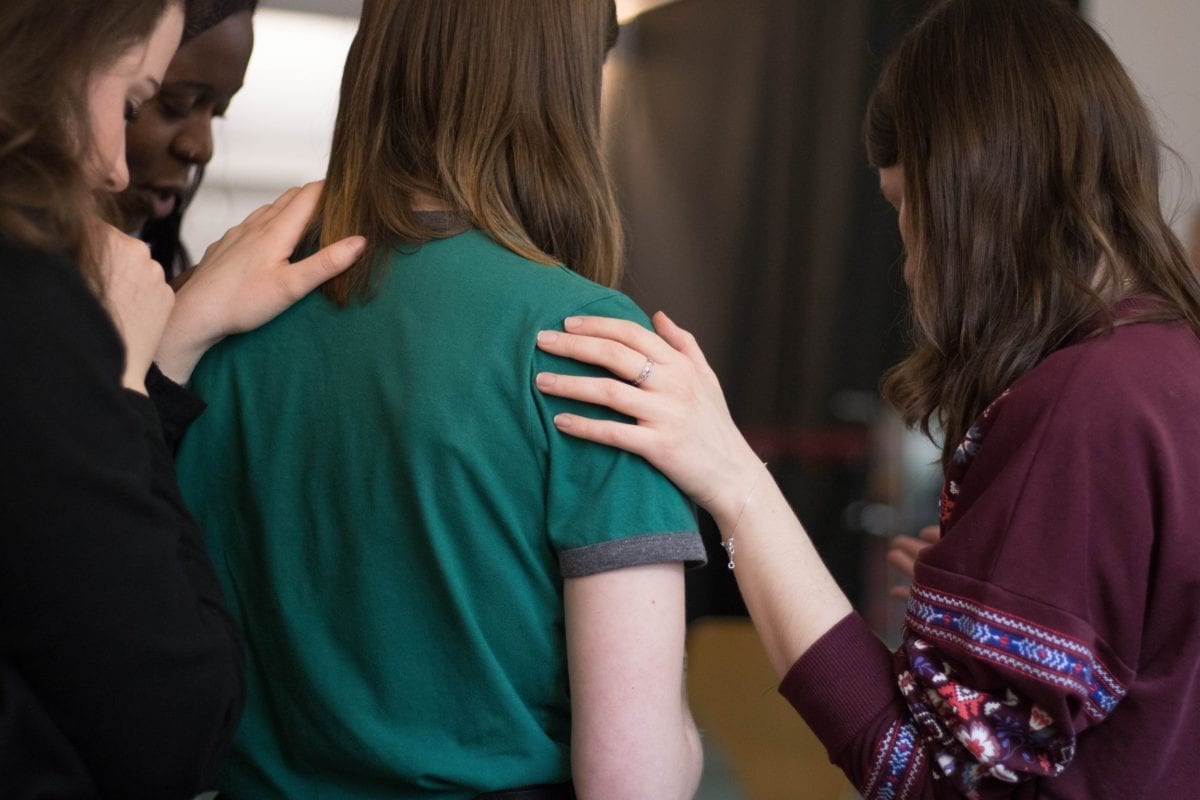
 The year Gary Haugen spoke was a year when everybody on our team said, I needed to hear that, we needed to hear that. It ended up being the most impactful talk we heard. What stood out was leading out of the God-given dream of what could be—not leading on the defense but leading on the offense—pursuing the dream and what could be and not letting fear be the silent killer of our dream.
The year Gary Haugen spoke was a year when everybody on our team said, I needed to hear that, we needed to hear that. It ended up being the most impactful talk we heard. What stood out was leading out of the God-given dream of what could be—not leading on the defense but leading on the offense—pursuing the dream and what could be and not letting fear be the silent killer of our dream.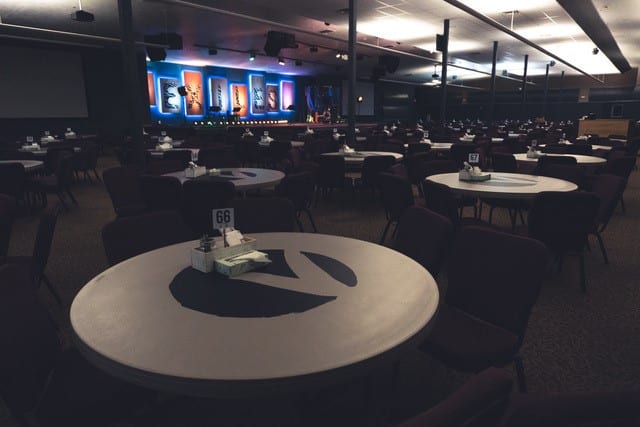
 Instead of the staff coming up with an idea and giving it to the church congregation, the people actually brainstormed ideas at their tables. We combined all the ideas around commonality and themes and we said, let’s take the top five ideas and vote on them. One of our favorite ideas was based on a book called The Kingdom Assignment. The idea was to give everybody in the church (who wanted to participate) a $100 bill to fund their own grace project—whatever it was that they wanted to do to create an experience of God’s grace for others. That following Sunday, we had to give out a lot of money! We explained the parameters of the project, and asked people to report back. People did that over the next few months, and then we had a Sunday where we shared those grace encounter stories. It created such an engaging and participatory church experience that began at the tables but culminated outside the walls.
Instead of the staff coming up with an idea and giving it to the church congregation, the people actually brainstormed ideas at their tables. We combined all the ideas around commonality and themes and we said, let’s take the top five ideas and vote on them. One of our favorite ideas was based on a book called The Kingdom Assignment. The idea was to give everybody in the church (who wanted to participate) a $100 bill to fund their own grace project—whatever it was that they wanted to do to create an experience of God’s grace for others. That following Sunday, we had to give out a lot of money! We explained the parameters of the project, and asked people to report back. People did that over the next few months, and then we had a Sunday where we shared those grace encounter stories. It created such an engaging and participatory church experience that began at the tables but culminated outside the walls.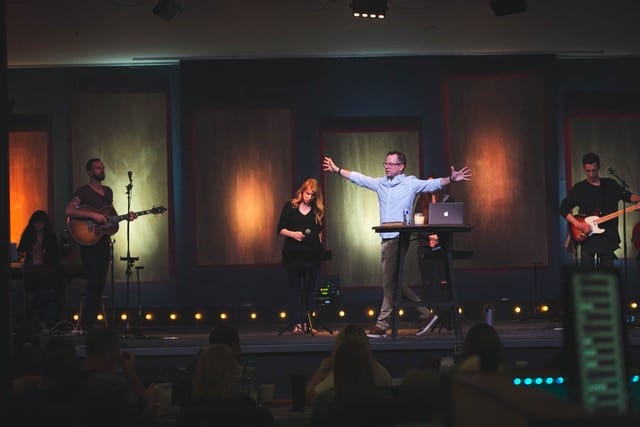

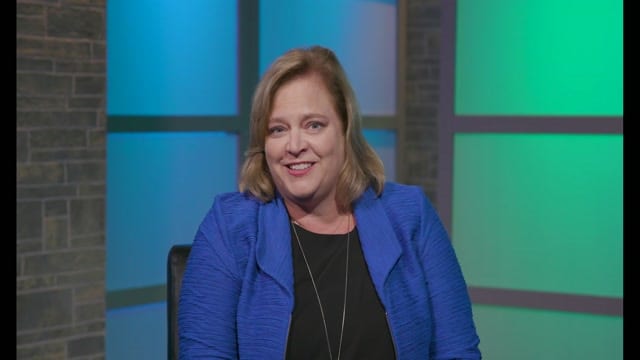


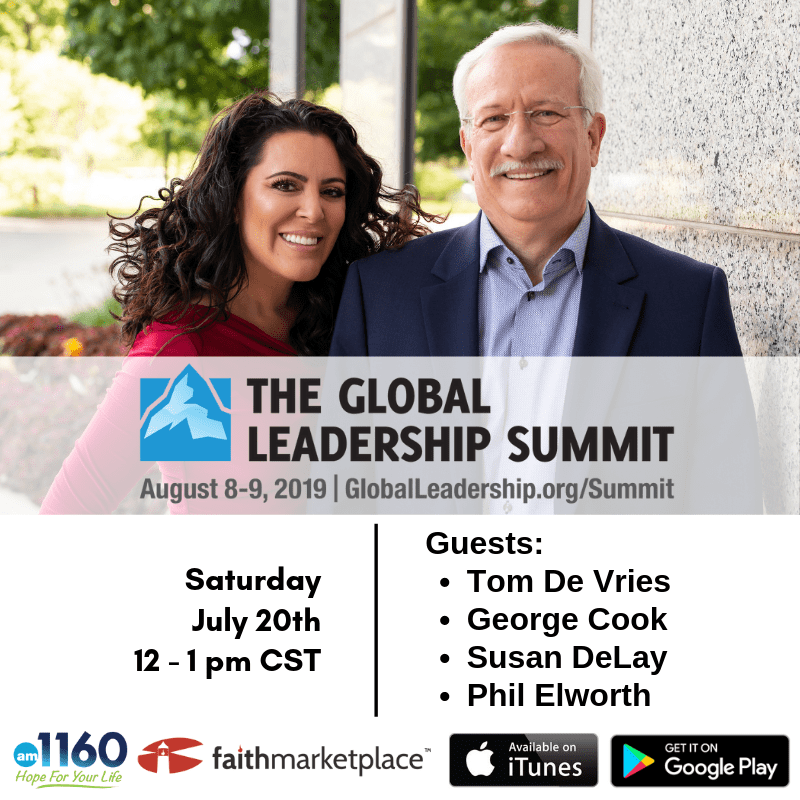
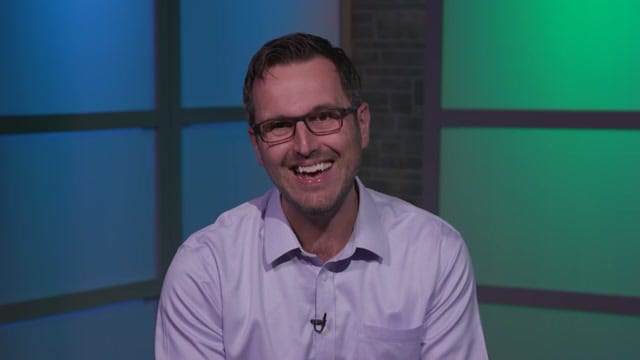


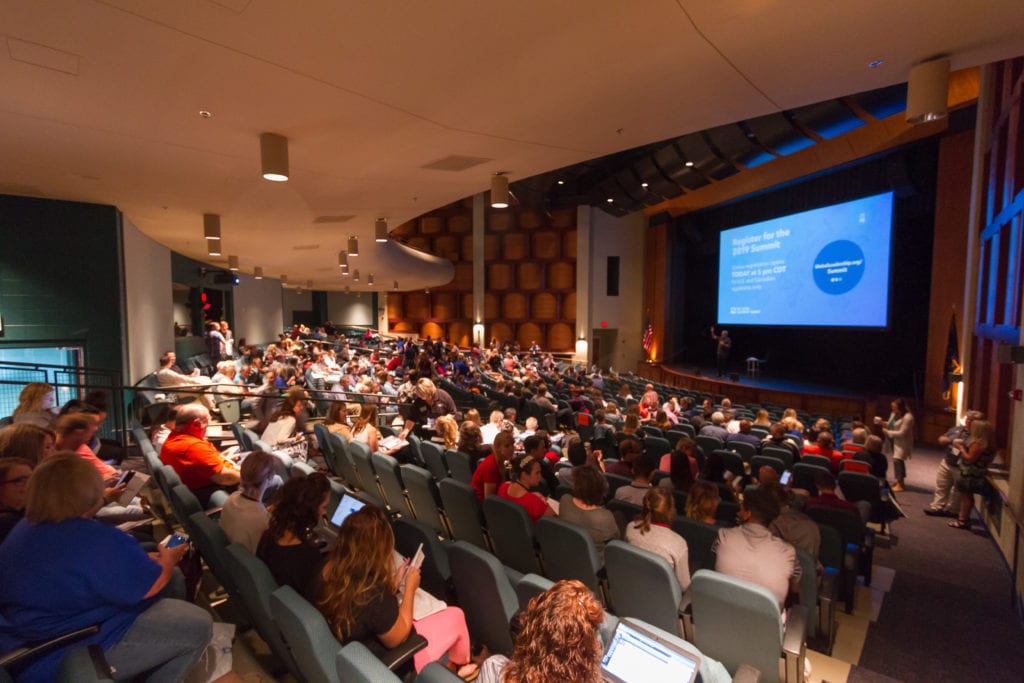
 We are a county of 80,000 with 249 churches. Of our 80,000 residents only 35,000 say they are church attendees, leaving nearly 50,000 unchurched! With the number of churches in our small community, our residents have been longing to see unity. In discussions with the Global Leadership Network staff about Kosciusko County, Dave Bushnell, field director with the GLN, said, “I’d love to help!” I love this about the GLN staff. They don’t just offer suggestions, they offer service. This opened the door for me to ask him to facilitate the half-day Pastor’s Collaborative in June 2019.
We are a county of 80,000 with 249 churches. Of our 80,000 residents only 35,000 say they are church attendees, leaving nearly 50,000 unchurched! With the number of churches in our small community, our residents have been longing to see unity. In discussions with the Global Leadership Network staff about Kosciusko County, Dave Bushnell, field director with the GLN, said, “I’d love to help!” I love this about the GLN staff. They don’t just offer suggestions, they offer service. This opened the door for me to ask him to facilitate the half-day Pastor’s Collaborative in June 2019.
Recent Comments